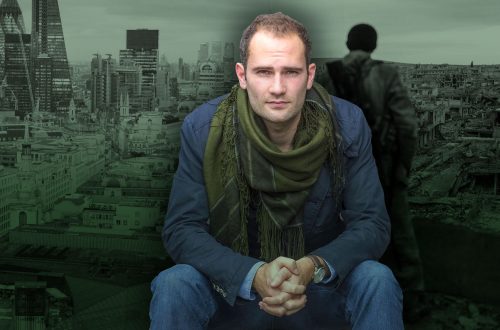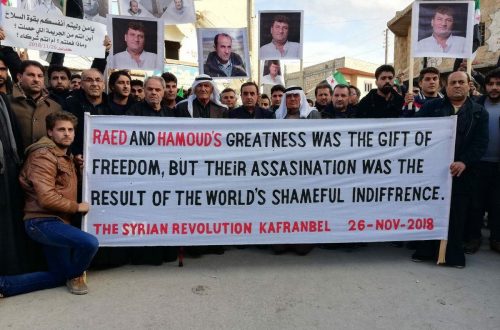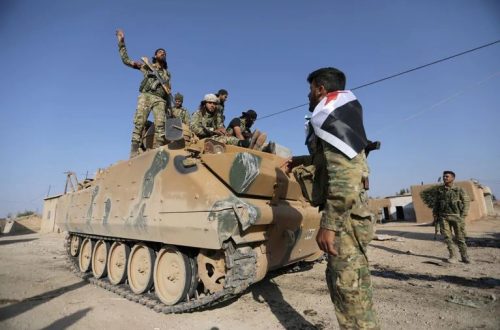This is a cross-post by Kyle Orton
To answer my headline simply: no, Ahrar a-Sham’s leadership is not what anybody in the West means by “moderate” Syrian rebels that could be supported.
The question is provoked by an op-ed in The Washington Post last night signed by Labib al-Nahhas, Ahrar’s foreign political relations officer, the culmination of a public-relations campaign by Ahrar to rebrand itself as the mainstream alternative to the Islamic State (ISIS) and the Assad tyranny we’ve all been waiting for.
Nahhas makes all the noises about protecting the minorities, preserving the Syrian State institutions, allowing “representative government,” and being committed to “dialogue” that align him with the Obama administration. Quite a lot of what Nahhas says is also perfectly true.
Ahrar’s recovery from the near-eradication of its leadership in a mysterious explosion in September last year does demonstrate a “high level of institutionalism and professionalism …, as well as the deep support [Ahrar] enjoy[s] within the local population.” (Ahrar has always recruited lots of civilians to administer governance.) Nahhas’ writes that the “moral case against Assad should have been enough to discount him as an option,” that the regime is itself a central spur to radicalism, and now the regime is failing militarily, experiencing serious shortages of manpower. This is undeniable. Nahhas presents the Assad regime as nearer its end than it really is but his central point stands: “the Islamic State’s extremist ideology can be defeated only through a homegrown Sunni alternative,” and “the United States has defined the term ‘moderate’ in such a narrow and arbitrary fashion that it excludes the bulk of the mainstream opposition.”
Ahrar’s campaign to be that alternative, despite being the most powerful Syrian rebel group, has some problems. First, Ahrar occupies the ideological space between Syrian Islamism and globalist Salafi-jihadism. The vision of Ahrar’s leaders is a blend of theocracy and democracy inside Syria, with god’s law sacrosanct but the people able to choose those implementing it. For this, the Salafi-jihadists condemn Ahrar for “nationalism” and a heretical belief in democracy. Second, Ahrar has always refused the Free Syrian Army (FSA) branding. Third and most importantly, Ahrar’s leadership appears to have connections to al-Qaeda and Ahrar fights in close military alliance with Jabhat an-Nusra, al-Qaeda’s Syrian branch.
In the lead-up to the formal break between al-Qaeda and ISIS, al-Qaeda’s leader Ayman az-Zawahiri appointed a mediator, Abu Khalid as-Suri (real name: Mohammed al-Bahaiya), a then-current commander of Ahrar. Abu Khalid traced a well-worn road of Syrian Islamism: fleeing Syria for Afghanistan after the Syrian Muslim Brotherhood (SMB) revolt was crushed at Hama, developing connections with the SMB cells in Europe who had switched their allegiance to al-Qaeda, fleeing Afghanistan after 2001, and then coming full circle by joining the fight against the Assad regime again after 2011. (Abu Khalid was “rendered” to Syria after 2005 and was one of the violent Salafists that Assad released as he cracked down on the peaceful, secular protesters.)
Abu Khalid’s history with al-Qaeda is slightly complicated: during a period of tension between Osama bin Laden and the Taliban in 1999, Abu Khalid explicitly said he wasn’t an al-Qaeda member, and indeed Abu Khalid was purportedly chosen by Zawahiri because he was independent of both Nusra and ISIS. Still, the common understanding was that Abu Khalid was al-Qaeda’s man.
Do read the rest of the post here


